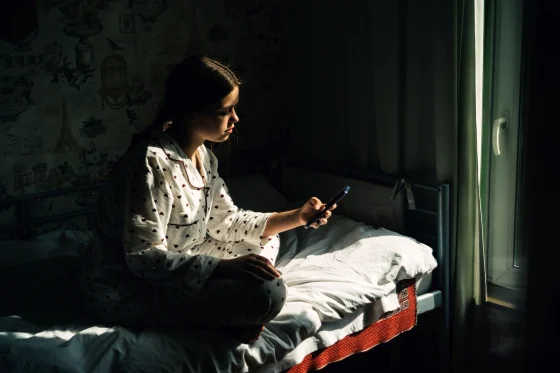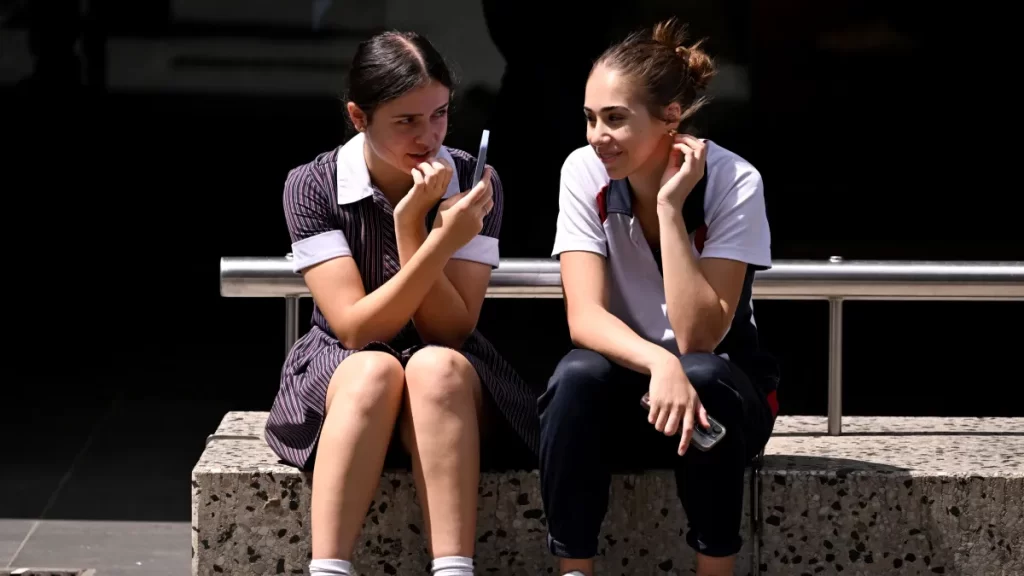The Australian Senate passed groundbreaking legislation Thursday banning social media access for children under 16, making Australia the first country to impose such restrictions on platforms including TikTok, Facebook, Snapchat, Reddit, X, and Instagram.

The bill, approved 34-19 in the Senate following a 102-13 House vote, will impose fines up to 50 million Australian dollars ($33 million) on platforms that systematically fail to prevent underage accounts. Companies have one year to develop implementation methods before penalties begin.
Senate amendments strengthen privacy protections by prohibiting platforms from requiring government-issued identification documents or digital verification through government systems. The House is expected to endorse these amendments Friday.
“The core focus of this legislation is simple: It demands that social media companies take reasonable steps to identify and remove underage users from their platforms,” Opposition Sen. Maria Kovacic told the Senate. “This is a responsibility these companies should have been fulfilling long ago, but for too long they have shirked these responsibilities in favor of profit.”
The law has divided child welfare advocates. Sonya Ryan, whose 15-year-old daughter was murdered by an online predator, called it a “monumental moment in protecting our children from horrendous harms online.” Wayne Holdsworth, who lost his teenage son to an online sextortion scam, also praised the legislation.

However, critics including Greens party Sen. David Shoebridge warn the ban could isolate vulnerable youth, particularly LGBTQI individuals and those in regional communities who rely on social media for support. Christopher Stone, executive director of Suicide Prevention Australia, criticized the government for “rushing this legislation” without considering social media’s positive aspects for youth mental health.
Social media platforms opposed the law as unworkable, requesting delay until a government-commissioned evaluation of age verification technologies reports next year. Critics suggest the legislation, coming months before a general election, aims to win parent voters concerned about children’s social media addiction.
Additional concerns include privacy risks for all users, undermined parental authority, potential isolation of children from positive online experiences, and reduced platform incentives for improving online safety.



